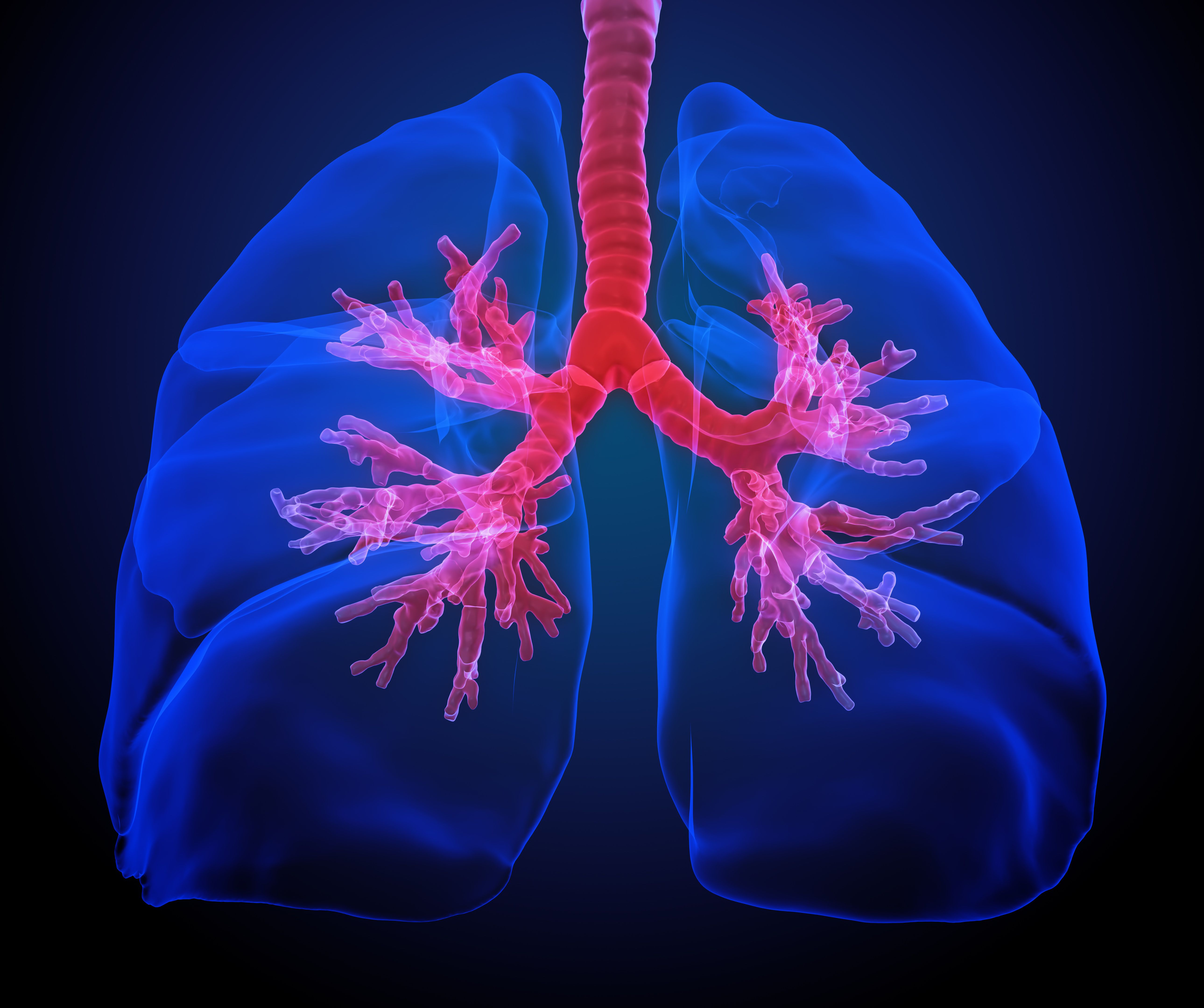CheckMate-77T Update: Nivolumab-Based Regimen Improves EFS in NSCLC
In the phase 3 CheckMate-77T trial, a neoadjuvant and adjuvant treatment strategy including nivolumab and chemotherapy improved survival in resectable stage IIA to IIIB non–small cell lung cancer.
Lungs © Mopic - stock.adobe.com

In a prespecified interim analysis, the perioperative regimen of neoadjuvant nivolumab (Opdivo) plus chemotherapy followed by surgery and adjuvant nivolumab led to a statistically significant and clinically meaningful improvement in event free survival (EFS) compared with neoadjuvant chemotherapy plus placebo followed by surgery and adjuvant placebo in patients with resectable stage IIA to IIIB non–small cell lung cancer (NSCLC), meeting the primary end point of the phase 3 CheckMate-77T trial (NCT04025879).1
In addition to improved EFS as assessed by Blinded Independent Central Review (BICR), the safety profile of this regimen was consistent with previously reported studies in the NSCLC space.
Once full evaluation of the available data from CheckMate -77T are completed, the company plans to share the results with the scientific community at an upcoming medical conference and will discuss them with health authorities.
“We’ve seen tremendous scientific advancements in the treatment of non-metastatic non-small cell lung cancer in recent years and remain committed to researching new solutions that may help even more patients achieve better long-term outcomes,” said Abderrahim Oukessou, MD, vice president, thoracic cancers global program lead, Bristol Myers Squibb, in a press release.1
Both nivolumab and nivolumab-based combinations have led to improved efficacy in the neoadjuvant, adjuvant, or perioperative treatment of multiple tumor types, including lung cancer, bladder cancer, esophageal/gastroesophageal junction cancer, and melanoma. Now, this regimen is being assessed in the phase 3 randomized, double-blind, placebo-controlled, multicenter, CheckMate-77T trial which is currently ongoing to assess overall survival (OS), a secondary end point.
In the study, patients will receive either neoadjuvant nivolumab given with chemotherapy followed by surgery and adjuvant nivolumab, or neoadjuvant chemotherapy and placebo followed by surgery and adjuvant placebo. A total of 452 patients with resectable stage IIA to IIIB NSCLC were enrolled.2
The study includes patients aged ≥ 18 years with resectable stage IIA–IIIB NSCLC who have an ECOG performance status 0-1, and available lung tumor tissue. Patients were enrolled at 113 sites in North America, South America, Europe, Asia, and Australia. Additionally, patients with EGFR/ALK mutations, brain metastasis, prior systemic anti-cancer treatment or radiotherapy, and autoimmune disease are excluded.
Investigators are assessing the primary end point of EFS, along with the secondary end points of OS, pathologic complete response, and major pathologic response.
“Taken together with the data from our CheckMate -816 trial - which led to being the only anti-PD-1 with an approval in the neoadjuvant setting - today’s results reinforce our leadership in resectable non-small cell lung cancer and add to our legacy of transformational science in thoracic cancers,” added Oukessou, in the press release.1